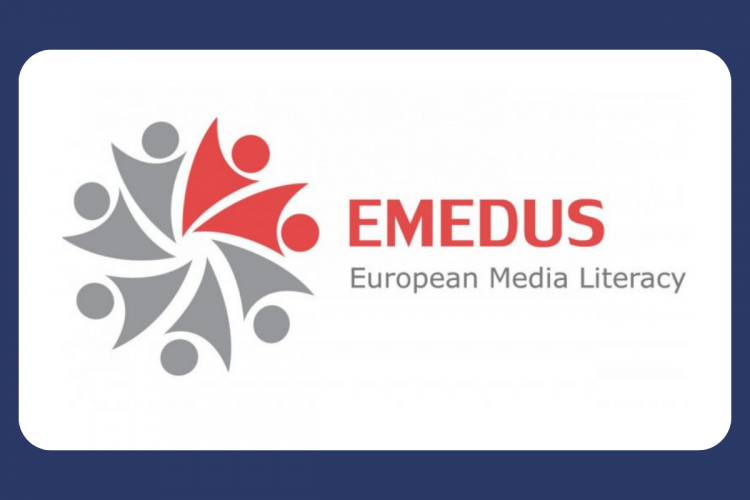European Media Literacy Education Study, EMEDUS

The Europe of this century needs European citizens to acquire new skills. It is no longer an advantage to be media literate, but a debilitating disadvantage not to be. Citizens must be equipped with the skills to utilise, and benefit from, media. To do this, Europeans need to acquire new competences beyond that of traditional literacy.
In recognition of this need, the ultimate focus of this Study is to contribute to the development of national educational policies to fit into a supportive European legal framework, aimed at promoting lifelong learning media education. This comparative research is an opportunity to advance formal and non-formal education in Europe.
The starting point of the study are the findings of the most recent research in the field, which will be further build upon. The consortium vaunts a broad knowledge base: it includes all the organisations and experts who have delivered the most significant research at European level on this subject in the last 3 years. In addition to the selected national experts, the United Nations and UNESCO support the Study as associated partners.
In particular, the Study aims to provide a valuable foundation for further action and to facilitate subsequent political processes, by offering the following:
- A comparative analysis of the inclusion of media education in national curricula across EU27
- An analysis of media education teachers’ resources, skills and competencies and their relevance
- An insight into informal learning and the media resources available on media education, with additional attention given to minorities
- An identification of suitable instruments to measure media education skills and levels in schools
- Policy recommendations to sustain educational policies at national and European level
- European-wide platforms for effective cooperation in lifelong media education learning



